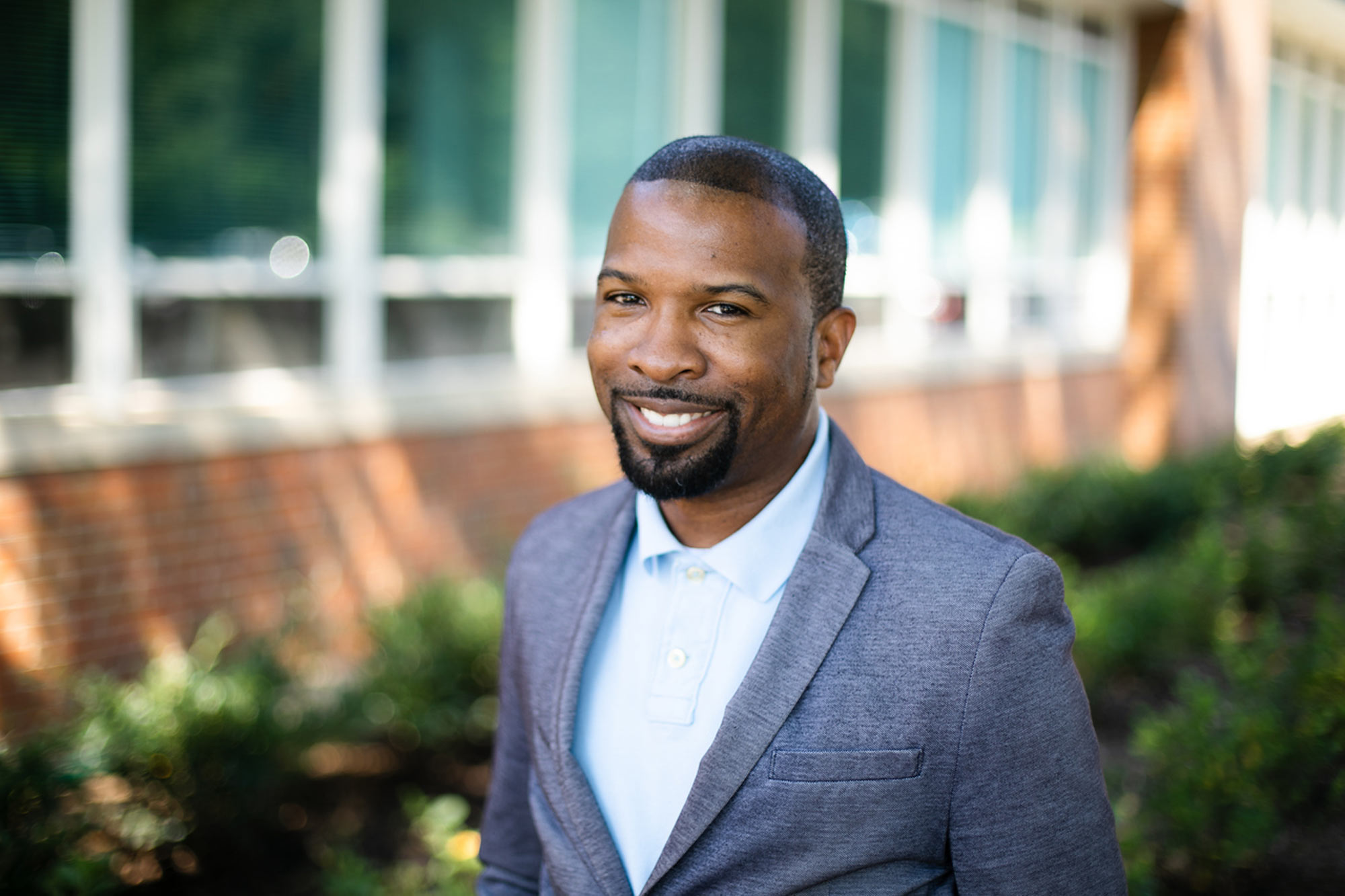When it comes to the classroom, representation results in measurable positive outcomes.
A strong body of evidence shows that students of color, especially by Black students, achieve more when they are matched with a teacher of color, according to LaRon Scott, associate professor in the University of Virginia’s School of Education and Human Development.
“Black students who are exposed to a Black teacher by grade three have a higher likelihood of going on to post-secondary education than those who are not,” Scott said. “Teachers of color also help to create a sense of belonging in schools for those students.”
But that representation is becoming increasingly challenging in special education classrooms across the nation, Scott found.
Special education is the No. 1 teacher shortage area in Virginia and 47 other states. At the same time, a growing number of students of color have been identified as having a disability. The result is a potentially bigger gap between the number of teachers and students of color in special education than the gap in the general teacher-student population.
That gap is growing. Scott’s latest study offers insights into why special education teachers of color are leaving their jobs.
“When we look at the types of opportunities for Black students, in particular, who are exposed to a Black teacher, the idea of ensuring that we have a robust number of those teachers in special education becomes even more important,” Scott said.

Professor LaRon Scott’s research shows teachers of color have additional stressors in their jobs, including microaggressions and a feeling of exclusion. (Contributed photo)
While schools have focused – and continue to focus – on special education teacher attrition, Scott’s work has recently centered on discovering what unique factors play a role in the recruitment and retention of special education teachers of color. His most recent paper, published in January, looks specifically at levels of burnout and teacher working conditions.
“Researchers have been digging into issues around attrition and retention for decades and they have shared some compelling research about why special education teachers are attracted to the profession, but also why they leave the profession,” Scott said. “This paper in particular looks at the research with a lens of answering the question of, ‘Does the research also apply to special education teachers of color?’”
For the study, Scott developed a survey using the existing rich research base about attrition and retention and asked questions to special education teachers of color to see if the evidence uncovered in the research applies to them.
The study did uncover new findings specific to teachers of color. The study showed that special education teachers of color reported receiving a higher level of support than majority teachers, including supports from administrators, colleagues and even families.
However, the study also found that there are reasons unique to teachers of color that contribute to why they do not come into the profession and why they leave it.
“This is a really good sign to see that they are receiving a high level of support,” Scott said. “Special education teachers of color report that they experience things such as microaggressions, isolation or lack a sense of belonging compared to white teachers. And these are some racialized factors that contribute to why they may leave the profession. This is a novel finding.”
With this insight, Scott is curious about what practices and policies might be playing a role in creating barriers specific to these teachers that would cause them to not want to enter the profession. His research team is currently conducting an analysis of policies and practices in each state that might help eradicate the issues identified in the study and better retain special education teachers of color.
“We’re hoping to identify some themes around what high-level practices each of these states are doing, and what are some unique things that states are doing in order to address this issue,” Scott said.
“We’ll be looking at individual states, and then bringing all that information together, hopefully to make some recommendations on what further we can do, but also highlighting those states that are doing a good job of being innovative around this topic.”
Media Contact
Senior Associate Director of Communications School of Education and Human Development
audreybreen@virginia.edu 434-924-0809
Article Information
October 21, 2025






